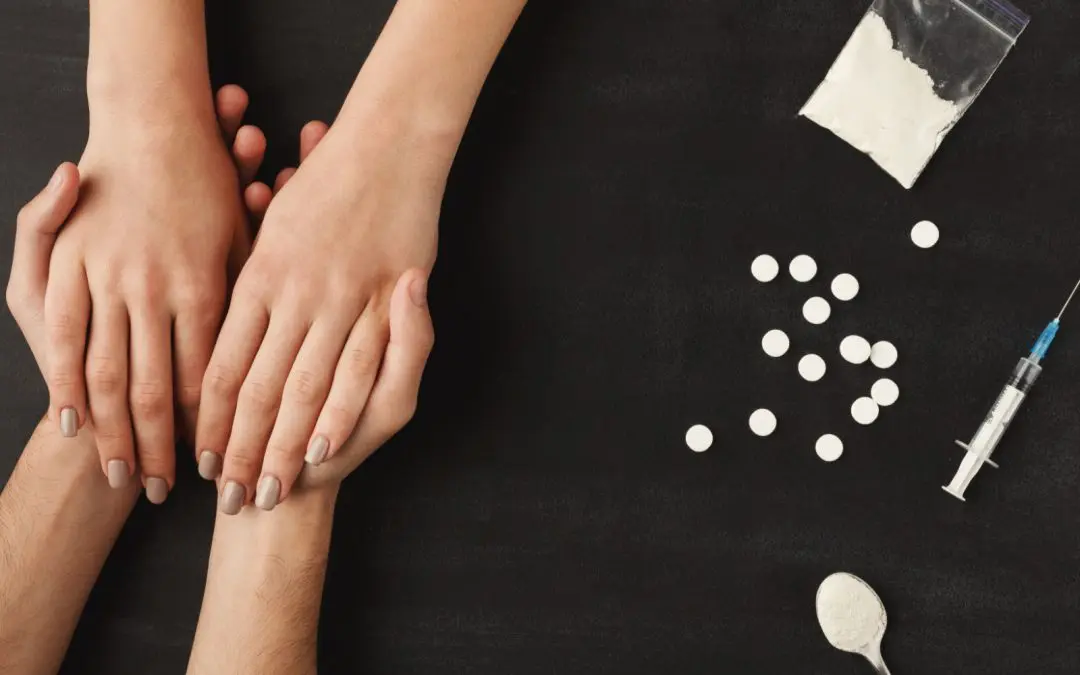24/7 Helpline:
(866) 899-221924/7 Helpline:
(866) 899-2219
Learn more about Bipolar Disorder Treatment centers in Monroe County
Bipolar Disorder Treatment in Other Counties
Other Categories in Monroe County

Other Insurance Options

BHS | Behavioral Health Systems

MHNNet Behavioral Health

Absolute Total Care

State Farm

Cigna

Excellus

Regence

Magellan Health

Coventry Health Care
Beacon

Anthem

Medical Mutual of Ohio

Sliding scale payment assistance

Health Net

Lucent

Private insurance

BlueCross

Amerigroup

American Behavioral

CareSource

LifeSkills Service Center – Monroe County
LifeSkills Service Center – Monroe County is a private rehab located in Tompkinsville, Kentucky. Lif...








































































































